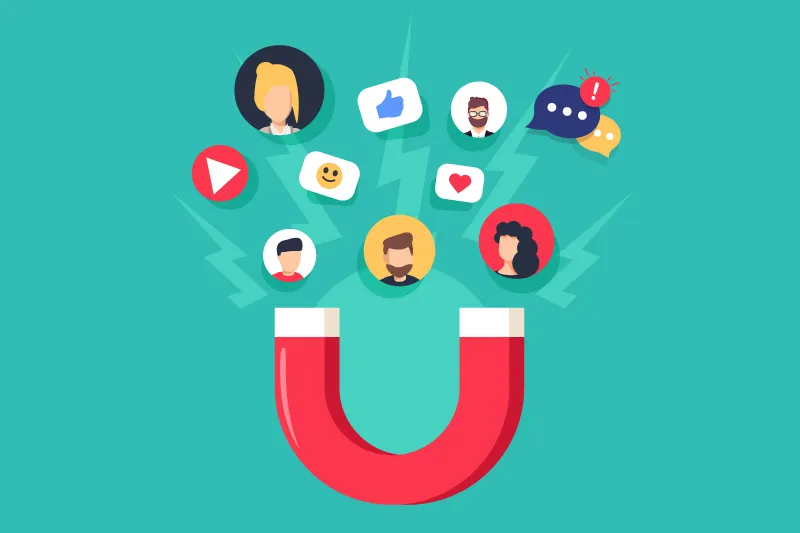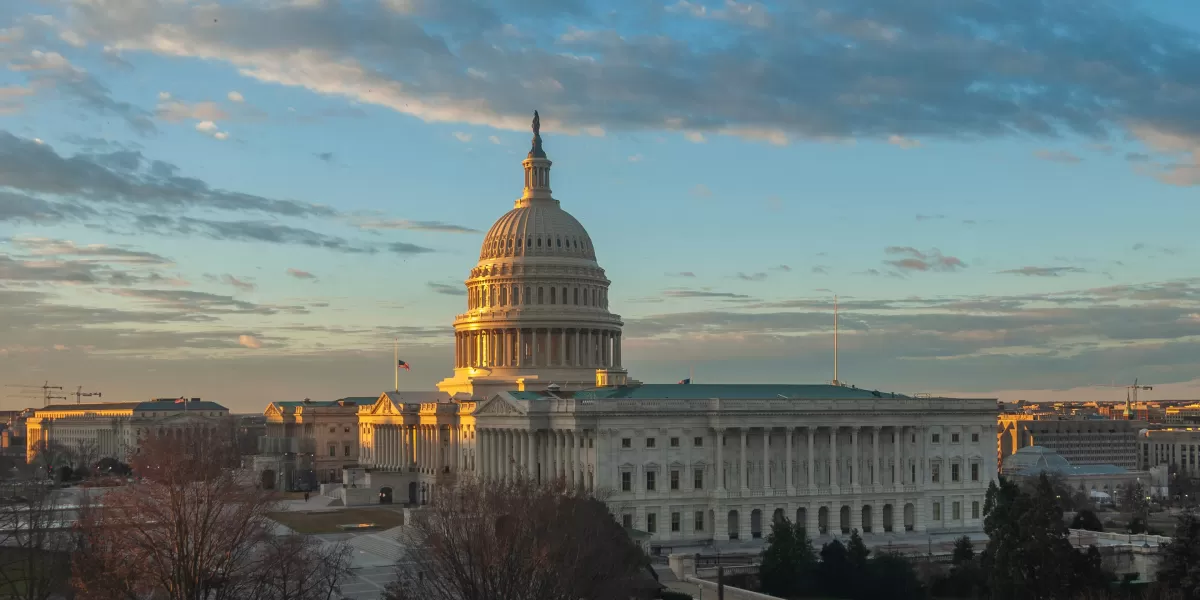About 4.95 billion, or 61% of the global population, spend an average of over 2 hours a day on social media. Whether it be Instagram, TikTok, Facebook, or any other social media, most people are on at least one platform. This became especially true with the recent Covid-19 pandemic in 2020, as people became more addicted to being online because our lives became mainly digital. But, what makes spending time on these apps so addictive?
Some might wonder, what is a social media addiction categorized as, and how do I know if I might have one. AddictionCenter.com defines a social media addiction as a “behavioral addiction that is defined by being overly concerned about social media, driven by an uncontrollable urge to log on to or use social media, and devoting so much time and effort to social media that it impairs other important life areas.” If that definition applies to you, you may have a social media addiction.
The Science Behind The Addictions
It is known that social media can lower users’ self-esteem, being the leading factor of depression, eating disorders, and body image issues. If that is so, then why do people continue to use social media?
People use social media for various reasons, some being: connecting online with others, promotions, aspirations of helping others, or even just for affirmation by getting likes or reposts. Although spending time online is an efficient way to cure boredom, the science goes deeper than that.
Dr. Nancy Deangelis, director of Behavioral Health, states that social media platforms “drive surges to the brain to keep consumers coming back over and over again.” Additionally, Dr. Deangelis says that interactions with a post, such as likes or comments, “trigger the brain’s reward center, resulting in a high similar to the one people feel when gambling or using drugs.”
Once the brain gets a dopamine rush, it is hard to forget that feeling, leading to people wanting to “come back over and over again.” The feeling your brain gets after a dopamine rush is what causes addictive behaviors and patterns that are hard to resist.
Why Social Media Addictions Are Dangerous
Although it might not seem like it, addictions of any kind have the potential to be dangerous. Even Steve Jobs, the creator of Apple, restricted his children’s usage time on technology. Many professionals have linked the use of social media to various mental illnesses such as anxiety, depression, isolation, irritability, body dysmorphia, and more. This is an issue because something so simple, like social media, can cause major problems within anyone’s mind and body. But why does social media cause these issues?
Many people who post on social media apps are notorious for being dishonest in ways like editing pictures and videos or even just blatantly lying to their audiences. Due to this, many people are led to believe that they are being honest because they might be fans or just trusting of a person online. When these edited pictures are posted and uploaded, people might start to notice differences in the picture compared to themselves and become less fond of their appearance. As a result, people might continue to compare themselves to anyone they see, not even just online, and those comparisons could lead to mental issues such as depression or eating disorders.
Factors like these are especially threatening to younger generations, who are rapidly becoming the main audiences on various social media platforms. Children being on social media is dangerous as well, as they may not know the dangers of cyberbullying, identity theft, phishing, and scamming. Younger brains are not fully developed, and overuse or dependence on social media can negatively impact their brain development.
Limiting Time Online
Limiting the time you spend on social media can be very beneficial. It can allow you to build stronger relationships, gain better communication skills, pay more attention to the world around you, and more. By being aware of a social media addiction, it can allow you to process your addiction and think about what you can do to help it. Thinking about how you can help your addiction also allows you to practice self-control and really limit yourself to time spent online.
There are many ways to stay safe online and use apps with caution. Some of these ways can be simply spending less time on devices or setting time limits for each app. Another method of limiting social media use can be by turning off notifications. By turning off notifications for apps, it can lessen the amount of time you spend thinking about using them.
Social media addictions can be very harmful physically and mentally. By spending most of your time online, you are also at an increased risk of becoming addicted. Although it might seem fine, spending many hours at a time on social media can impact you and the people around you negatively. Pictures and videos posted on social media are not always what they seem to be, and it is good to know what you are getting yourself into.







